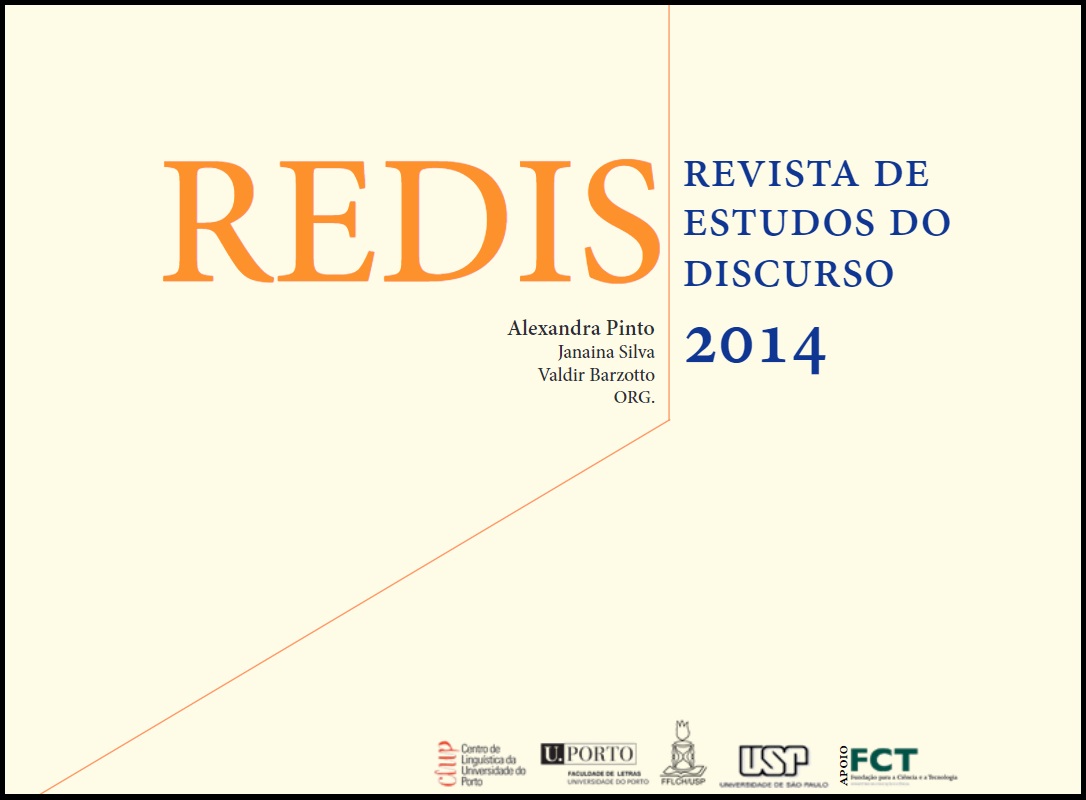Modalisation et distance énonciative dans des rapports d’évaluation d’activités de formation de professeurs
Resumo
A análise de textos autênticos permite aprofundar o conhecimento formal sobre a sua configuração discursiva e a sua circulação comunicativa e social com vista a um aumento da eficácia pragmática. O relatório como género possui um valor social elevado, sendo constante a sua circulação em diversas situações socio-comunicativas de responsabilidade. É requerido como garante de avaliação e de melhoria de funcionamento organizativo e funcional em (quase) todas as áreas. Por isso, a este género textual está vulgarmente associada uma natureza objetiva. No entanto, uma análise mais pormenorizada de relatórios de determinadas áreas profissionais revela o pendor subjetivo deste material textual. O objetivo deste estudo é contribuir para a descrição da configuração discursiva deste género textual, mediante a análise de texto, considerados dois tipos de indicadores: (i) as marcas linguísticas de modalização do discurso; (ii) o posicionamento enunciativo de quem escreve. O corpus é formado pelos relatórios redigidos por formadores de cursos de formação contínua de professores, em 2011, num Centro de Formação de professores. Esta análise contribuirá tanto para a descrição linguística dos relatórios como discurso de avaliação como para a indicação de elementos concretos para uma construção eficaz.
Downloads
Publicado
Como Citar
Edição
Secção
Licença
Os autores cedem à REDIS: Revista de Estudos do Discurso, o direito exclusivo de publicação dos seus textos, sob qualquer meio, incluindo a sua reprodução e venda em suporte papel ou digital, bem como a sua disponibilização em regime de livre acesso em bases de dados.




